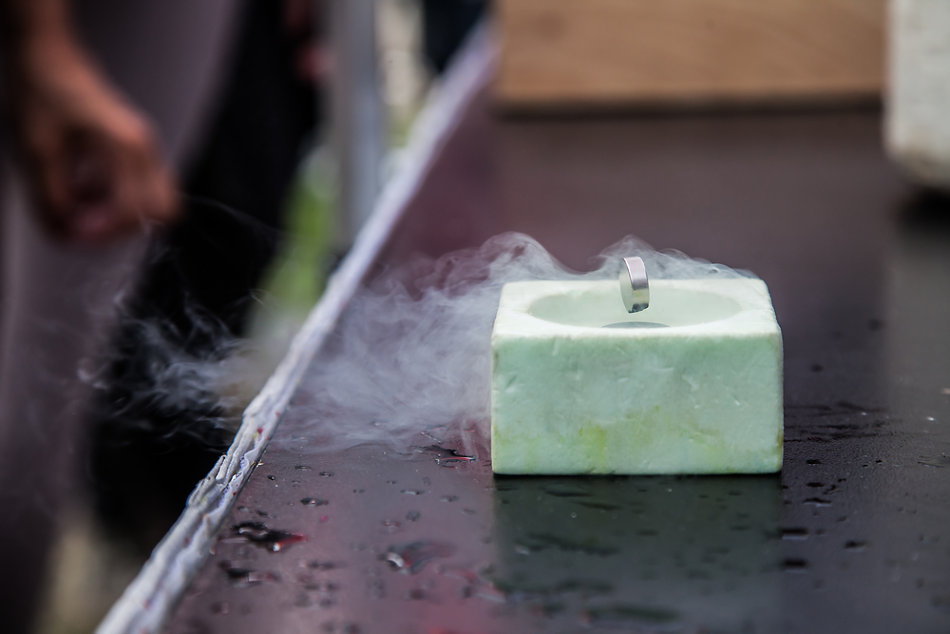Chemical formula is yba2cu3o7.
Ceramic superconductors uses.
The discovery of high temperature above the temperature of liquid nitrogen ceramic superconductors has changed superconductivity from an interesting curiosity to a useable technology with particular applications in the medical field as a superconducting magnet in mri scanners.
Melt texturing of ybco was the first method used to attempt texturing in any ceramic superconductor.
Tc is usually measured in degrees kelvin k 0 k being absolute zero the.
This superconductor has a critical transition temperature around 90k well above liquid nitrogen s 77k.
Superconductivity is the complete disappearance of electric resistance in materials that are cooled to extremely low temperatures.
The first high temperature superconductor was discovered in 1986 by ibm researchers bednorz and müller 3 6 who were awarded the nobel prize in physics in 1987 for their important break through in the discovery of superconductivity in ceramic materials.
Superconductors are also used in nmr and mass spectrometers and.
The advantage of neutron diffraction for locating oxygen is obvious from fig.
Science and technology 2002.
Conductive ceramics conductive ceramics superconductors.
Many ceramic superconductors physically behave as superconductors of the second type.
The superconductor we will be experimenting with is an yttrium y barium ba and copper cu composition.
Ceramic superconductors are generally heavy metal oxides and neutron diffraction has long been superior for the precise location of light atoms such as hydrogen and oxygen in the presence of heavy atoms.
The temperature at which resistance ceases is referred to as the transition temperature or critical temperature tc.
10 new high temperature superconductors.

